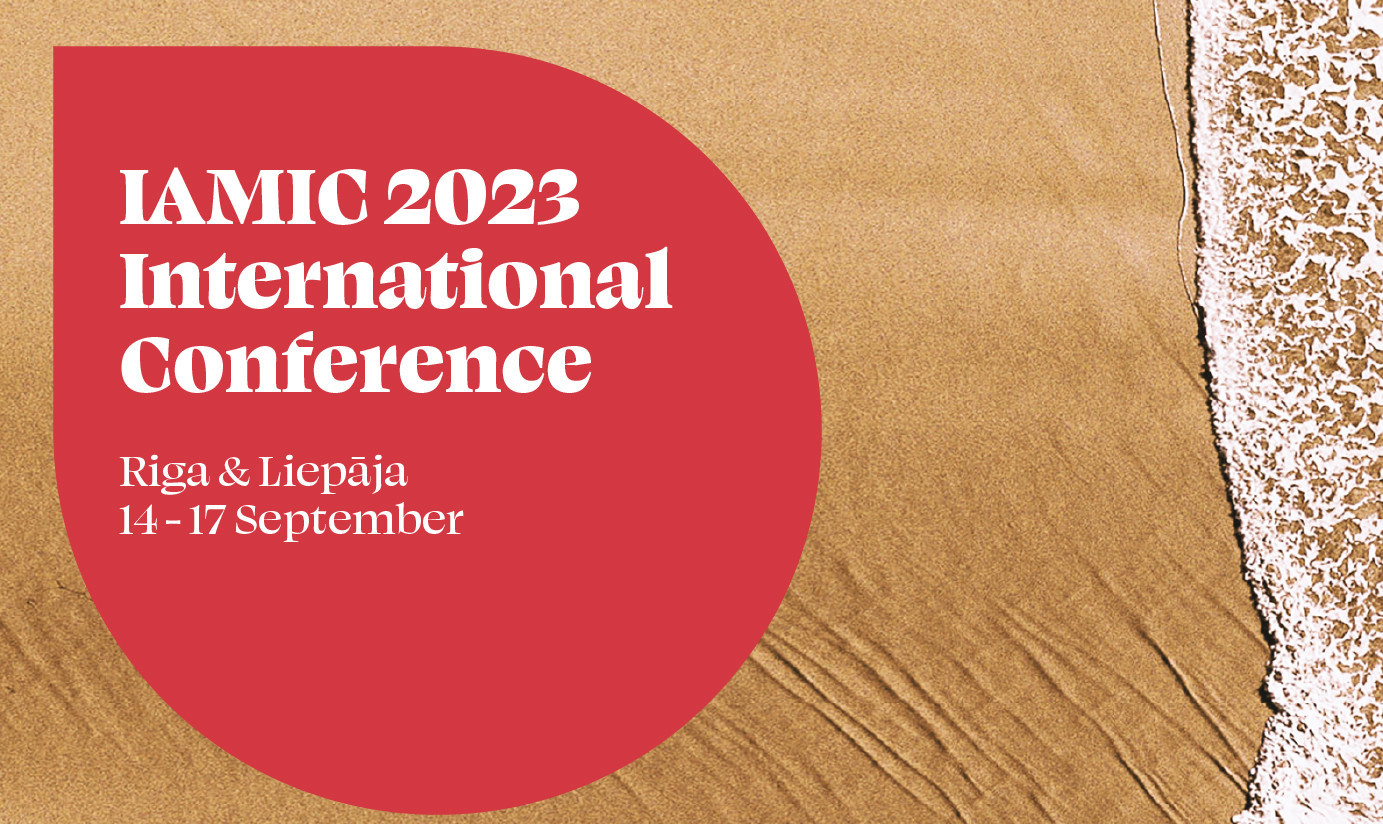IAMIC (International Association of Music Centres) is an international network of organisations that collectively and collaboratively provides information and promotes the music of their countries or regions. Each year IAMIC hosts a conference on important subjects for the music sector. This year the international conference is organized by the Latvian Music Information Centre and took place from September 14-15 at the National Library of Latvia and from September 16-17 at the Great Amber Concert Hall in Liepāja.
The speakers and panelists of the conference discussed a series of important questions for the field of music: What is the future of music education and what role it plays in audience development? How to retain the audience in the digital era? What constitutes a healthy music ecosystem? Censorship/self-censorship versus freedom of expression. What are the emerging trends in contemporary choral music? Contemporary/alternative music and it’s role and challenges in the fabric of culture today: how to maintain it’s own unique voice while maintaining broader appeal? What role AI will play in the future of music creation? What is the future of music NGO’s and how can they continue to serve the music sector?
Alongside IAMIC members, the conference featured lectures and panel discussions from experts of Riga Cathedral Choir School, Jāzeps Vītols Latvian Academy of Music, Latvian Radio Choir, Latvian National Symphony Orchestra, Latvian Academy of Culture, Liepāja University, Institute of Electronics and Computer Science, and others.
_______________________
IAMIC 2023 Conference hosted by Latvian Music Information Centre Riga, September 15 / Latvian National Library
Kārlis Freivalds, Dr.sc.comp, is a senior researcher at the Institute of Electronics and Computer Science. He has graduated from the University of Latvia (Riga, Latvia) where he obtained a doctoral degree in computer science. Kārlis is the author of 30+ scientific publications and 7 patent applications. The main areas of research are artificial intelligence, computer vision, robotics, and machine learning, with a recent focus on deep neural networks, where he has developed several new neural network architectures for fast sequence processing, algorithmic tasks and NP-hard problem solving. He is also an assistant professor at the Faculty of Computer Science of the University of Latvia, where he teaches programming of image processing and computer vision algorithms. His hobby is music.
Artificial Intelligence in music: opportunities and threats
Artificial Intelligence (AI) stands out as the paramount breakthrough of the current century, reshaping entire industries, uncovering unprecedented possibilities, and beginning to exert an influence on the daily lives of people. AI tools now surpass human capabilities in intricate tasks such as linguistic translation, visual recognition, strategic gaming, and more. A remarkable example of this is the AI-assistant ChatGPT, which exhibits astonishingly human-like proficiency in responding to questions and generating textual content.
The realm of music is no exception; AI tools demonstrate remarkable prowess in various domains, including composition, transcription, editing, production, and mastering. As AI progressively ingrains itself into our existence, it challenges the distinct role that humans have traditionally occupied. One facet where humans are perceived as irreplaceable is in the realm of creativity and artistic expression – an area historically reserved solely for human endeavour. However, the recent strides in AI-generated content, displaying inklings of artistic expression, cast doubt upon the exclusivity of human beings in producing art, including music.
In this presentation, we will delve into the latest advancements in AI as they apply to musical applications and, more broadly, the generation of artistic content. We will explore forthcoming trends and endeavour to visualize both the opportunities and threats that lie ahead.
KEYWORDS: Artificial Intelligence (AI), music composition, personalized multimedia content, AI tools

